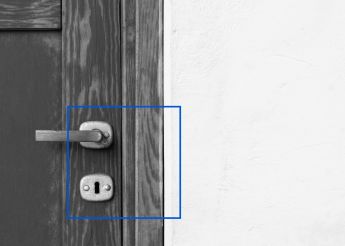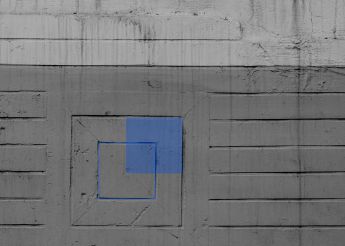I was 23 when I got arrested for the first time. After that, it was a series of small and medium sentences between six months and three years. I racked up around ten years in prison. I vividly remember my first visit. It was with my father, and it was complicated. He greeted me and turned away because it was too difficult for him to look at me. So I stared at his back for 40 minutes. The experience impacted him more than it did me.
I always had visits except when I was at Fresnes. There, I had none because I wanted to avoid my family having to make too many trips. There was the distance, and money was tight. Deep down, I felt freer. I didn’t have to anticipate their arrival, or worry about their return. Those were additional stresses on top of my existing legal problems.
The visit lasts 40 minutes, but when you include the travel time, the check-in time, and the waiting time, it adds up to two hours for those coming. The return journey is just as long. During those 40 minutes, we try not to worry people, or let them feel our discomfort. Even though visiting room moments are precious, you can only fake smiles. This is what makes rehabilitation possible. At the same time, it’s too brief a duration to address deep topics.
My son was 12 when I was serving my last sentence. He was a teenager who had changed over the span of two-and-a-half years: his voice was different, and he was no longer the little boy I had left behind when I re-entered prison. I feel terrible for that two-and-a-half-year void.
We realize the effects of our actions on our loved ones when we have to face them in the visiting room.
In the visiting room, you come face to face with your responsibilities, and when you start to think about them, it hurts; it hurts to judge ourselves negatively, to think of ourselves as selfish. We avoid thinking about them so that we don’t have to forfeit this marginal life we have chosen. I have regrets today, but regrets can’t erase the pain we’ve inflicted or the problems we’ve caused.





